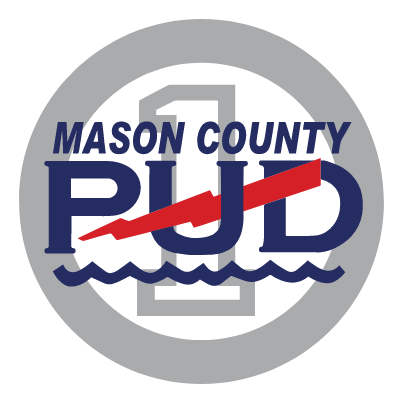June 2014-
By: Commissioner Jack Janda
On a recent tour of the Hanford Site with the Energy Northwest Executive Board, I was struck by the difference between the nuclear waste the Department of Energy is dealing with from our country’s defense programs, and what some people call nuclear “waste” from the generation of electricity.

People tend to confuse nuclear defense waste with used fuel from commercially-operated nuclear energy facilities like the used fuel stored at Columbia Generating Station, the Northwest’s only commercial nuclear energy facility. But there is a key difference. Unlike high-level radioactive liquid waste at Hanford, used commercial reactor fuel is, and always remains, a solid ceramic pellet.
Used fuel at Columbia is safely and securely stored onsite in extremely robust structures. The dry storage containers are built of steel, steel-reinforced concrete or steel-enclosed concrete, and cool the fuel using natural convection—without the need for moving parts. They also are designed to protect against severe natural events and sabotage.
Additionally, the dry storage casks occupy only a small area of land. I’ve visited the used nuclear fuel storage area at Columbia – 36 casks on two concrete pads. That’s about half the used fuel from nearly 30 years of producing tremendous amounts of energy. If you took the solid used fuel, it would fit inside a typical convenience store. If this fuel were recycled, the amount needing to be stored long term would likely fit inside the soda cooler in the same convenience store.
Used fuel should not even be considered “waste.” It’s actually a valuable commodity. Nearly 95 percent of the used fuel stored at every commercial nuclear plant can be recycled and reused in reactors – dramatically reducing storage requirements. Other countries successfully recycle their used fuel. France has been doing so for decades. If the U.S. followed suit, we would have a fuel source to last hundreds of years.
Columbia has produced safe, reliable, cost-effective power since 1984. While we wait for a national repository for all U.S. used nuclear fuel, the used fuel from Columbia will continue to be safely and securely stored onsite.
(Mason PUD No. 1 Commissioner Jack Janda is a member of the Energy Northwest Executive Board and the Energy Northwest Board of Directors.)
